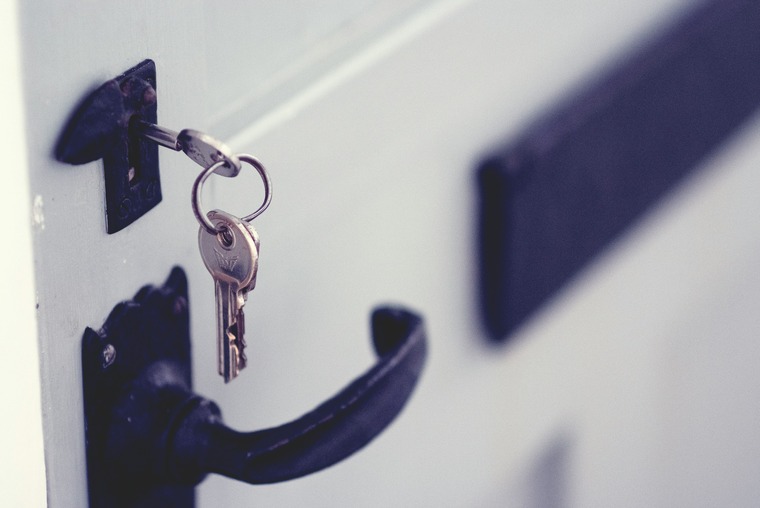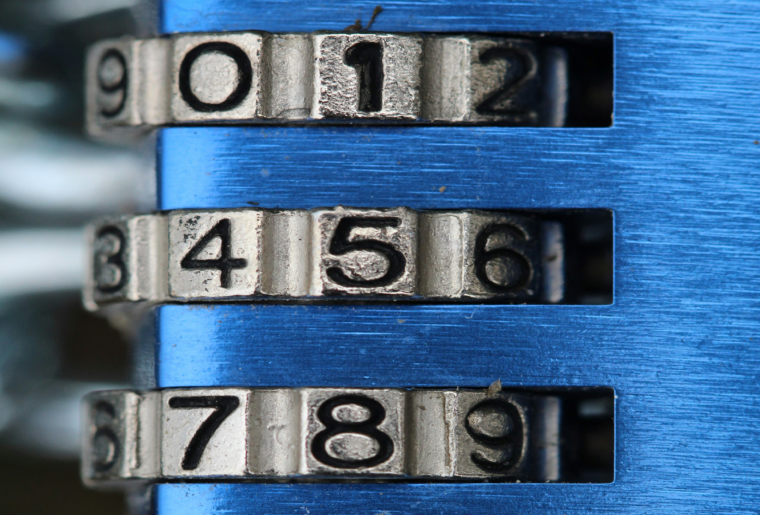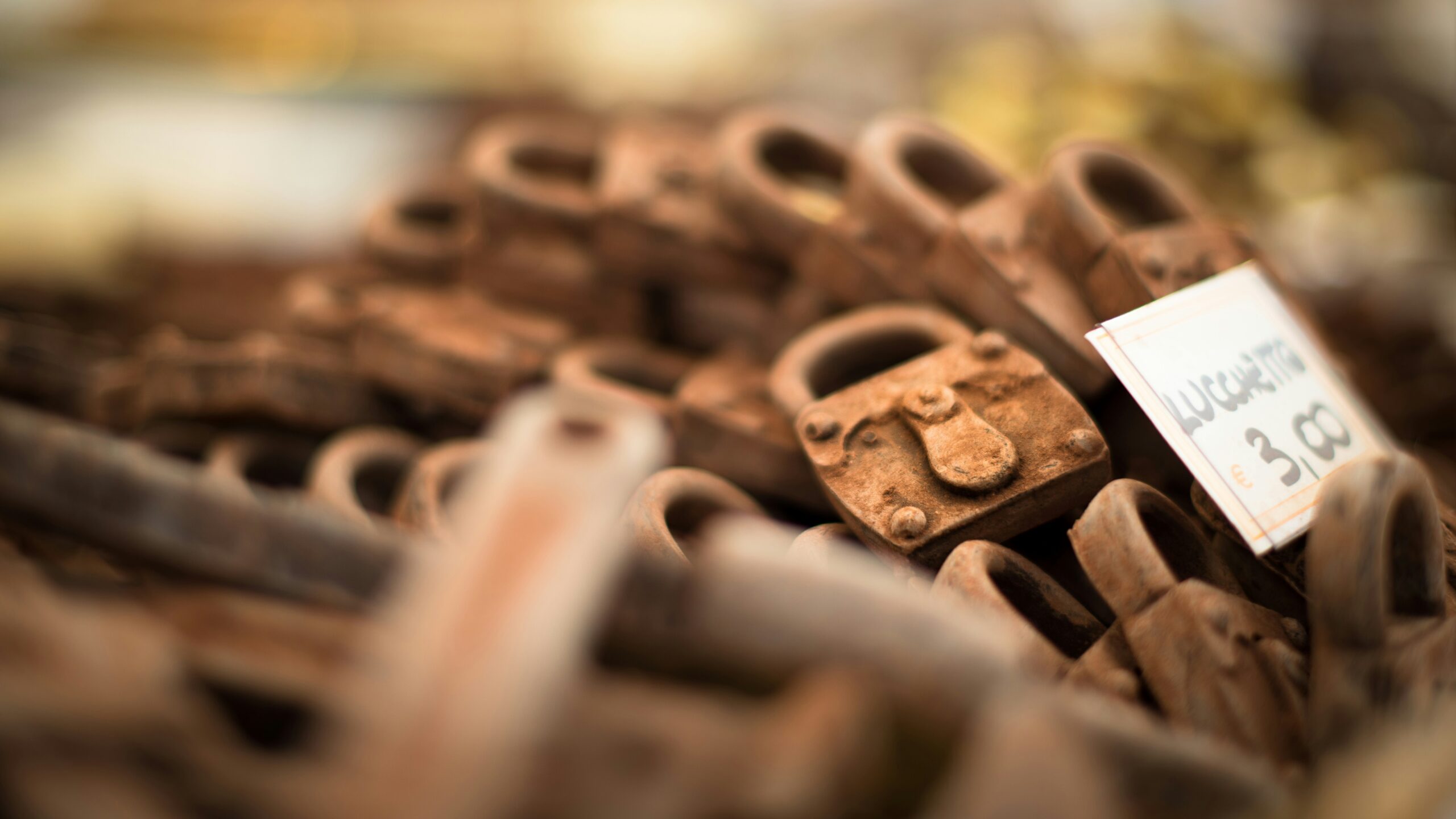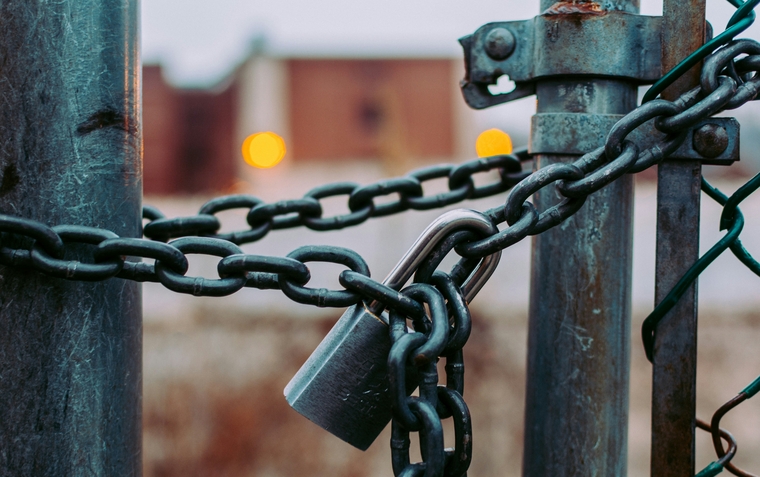Features of Smart Door Locks

Keyless Entry:
A popular feature of smart door locks is the capability to access your home without a physical key. This can be achieved through PIN codes, Bluetooth, or a mobile app.
Remote Access:
With a smart door lock, you can manage and monitor your door from anywhere globally. This feature enables you to lock or unlock your door remotely, verify its status, and grant access to guests, contractors, or family members even when you’re not at home
Mobile Notifications
Many smart door locks link to your smartphone, providing real-time notifications when someone enters your home. Some models also monitor the movements of individuals, offering homeowners added peace of mind.
Temporary Access Codes:
Homeowners can issue temporary or recurring access codes to family members, friends, or service providers. This feature is especially beneficial for Airbnb hosts or those who employ house cleaners or dog walkers.
Voice Control:
Certain smart locks can be integrated with voice assistants like Amazon Alexa, Google Assistant, or Apple HomeKit, enabling users to lock or unlock doors through voice commands.
Biometric Access:
Advanced smart locks feature biometric authentication, including fingerprint scanning or facial recognition, which makes unauthorized entry nearly impossible
Technological Interventions in Smart Door Locks

Bluetooth Smart Locks:
These locks connect to your smartphone using Bluetooth, usually operating within a range of 40 to 300 feet, which makes them perfect for locking and unlocking when you’re in close proximity. They are user-friendly, but remote access is only available when paired with a Wi-Fi bridge
Wi-Fi Smart Locks:
Wi-Fi-enabled locks connect directly to your home’s Wi-Fi network, enabling remote access from anywhere in the world. While these locks often come with more features, they tend to consume more battery power and may require a smart hub for full functionality.
Z-Wave and Zigbee Smart Locks:
Z-Wave and Zigbee locks utilize low-power radio frequencies to communicate with smart home hubs. They are commonly favored for their extended range and energy efficiency. However, they do require a compatible smart hub, such as Samsung SmartThings or Amazon Echo Plus, to operate effectively.
Biometric Smart Locks:
These are the most sophisticated types of smart locks, enabling access via fingerprint or facial recognition. Biometric locks provide superior security but tend to be more expensive and may require a more complex installation process.
Keypad Locks
Although they aren’t as “smart” as Wi-Fi or Bluetooth-enabled locks, keypad smart locks provide keyless entry using PIN codes. Some models also come with enhanced features, such as Wi-Fi or Bluetooth connectivity, for added convenience.
Use of Smart Locks for Different Doors

Smart Locks for Pivot Doors
Pivot doors, which rotate around a central pivot point, need specialized locking mechanisms. The best smart locks for these doors are usually mortise locks, designed to fit the unique structure of pivot doors, ensuring secure and seamless integration.
Smart Locks for Patio Doors
Patio doors, typically sliding, feature various locking mechanisms like traditional locks and sliding bolts. Smart locks for these doors often use a latch or bolt system, making them compatible with existing sliding mechanisms. This integration ensures enhanced security and convenience for homeowners.
Smart Locks for Sliding Doors
Sliding doors need locks that work with their horizontal movement. Many smart locks for these doors are designed to replace the existing lock or latch, boosting security while keeping the sliding mechanism simple and functional.
What Makes a Lock More Secure

Material Durability:
Secure door locks are made from high-grade materials like stainless steel, solid brass, or hardened steel. These materials are resistant to forced entry, weathering, and wear, ensuring the lock remains durable for years.
Anti-Pick and Anti-Bump Protection:
Picking and bumping are common techniques used by burglars to unlock doors without brute force. The most secure locks have advanced internal mechanisms to resist these methods, such as complex pin configurations or electronic locking systems.
Drill and Saw Resistance:
Some burglars use drills or saws to break through a lock’s cylinder. The best locks include hardened steel inserts or reinforced plates to prevent drilling or sawing attacks.
Lock Grade Certification:
Most locks are graded by security standards such as ANSI/BHMA (American National Standards Institute/Builders Hardware Manufacturers Association). Grade 1 is the highest level of security, offering superior resistance to forced entry and tampering. Grade 2 is a step down but still provides a good level of protection for residential use.
Deadbolt Security:
Deadbolts are one of the most important components of a secure lock. The most secure deadbolts are those that extend deeply into the door frame (at least 1 inch) and have reinforced strike plates. Double-cylinder deadbolts, which require a key on both sides, offer additional protection, especially for doors with glass windows.
Smart Lock Features:
Smart locks combine convenience with enhanced security features. Some models offer biometric access (fingerprint recognition), real-time monitoring, and notifications. Advanced encryption and cybersecurity measures in smart locks can also protect against hacking.
Factors to Consider When Choosing the Most Secure Door Lock

Door Material and Frame
The strength of the door and frame is as crucial as the lock itself. Even the most secure lock won’t safeguard your home if it’s installed on a weak or hollow door. Opt for a solid core or metal door, and reinforce the door frame with a strike plate.
Lock Compatibility
Ensure that the lock you choose is compatible with your door type. Not all locks fit every door, and certain locks may require professional installation.
Ease of Use
While security is the primary concern, you should also consider how easy it is to use the lock. High-security locks can be difficult to operate in an emergency situation. Consider a balance between security and convenience, particularly for families or elderly members.
Ease of Installation
Consider locks that offer straightforward installation processes. Some locks may require professional installation, especially if they involve complicated systems.
Backup Access
Smart locks, while secure, rely on electricity or battery power. Make sure that your lock has a reliable backup system, such as a physical key or external battery option, in case of a power outage.
Best Options for Secure Lock
Medeco
Medeco is a leading brand in the high-security lock market. Known for their pick- and drill-resistant locks, Medeco uses patented key control technology to prevent unauthorized key duplication. Their locks are often used in government buildings and high-security facilities, the Medeco 11R503-13-1 Maxum is an outstanding option for homeowners seeking top-tier security,
Mul-T-Lock
Mul-T-Lock offers robust, high-security cylinder locks with innovative designs to combat picking, drilling, and bumping. Their patented keys ensure that unauthorized copies cannot be made, adding another layer of protection. The Mul-T-Lock MT5+ Hercular Deadbolt is renowned for its top-notch security features and durable build, making it an ideal choice for those who need maximum protection
Schlage
Schlage is a well-known brand that produces a wide range of locks, including high-security deadbolts and smart locks. Schlage B60 N 619 deadbolt is among the most secure option for homeowners, and their smart locks integrate well with modern home automation systems.
Kwikset
Kwikset offers affordable yet secure locks, with their SmartKey technology being a standout feature. SmartKey allows homeowners to rekey their locks easily without the need for a locksmith. The company also offers deadbolts with anti-pick, anti-bump, and drill-resistant features. The Kwikset 980 is a strong and reliable deadbolt that offers excellent home protection.
CONCLUSION
Choosing the most secure door lock requires careful consideration of both the locking mechanism and the overall security features. Deadbolts, especially Grade 1 deadbolts, provide excellent security and should be the foundation of any secure locking system. Smart locks, with their additional layers of protection and monitoring, can further enhance your home’s security. However, high-security cylinder locks like those from Medeco and Mul-T-Lock offer unrivaled protection against picking, bumping, and drilling. you can make an informed decision that protects your home from unauthorized access.





